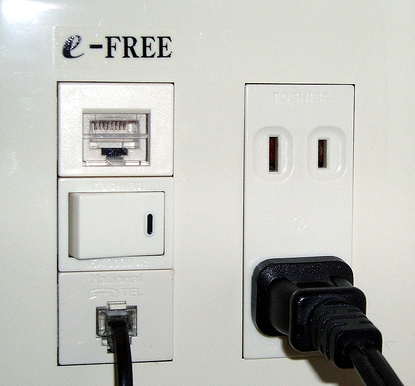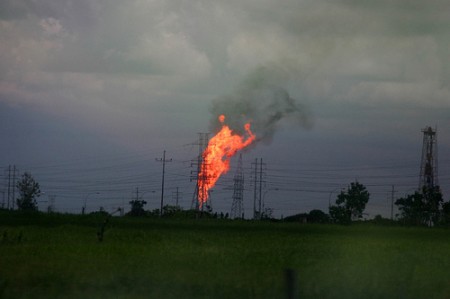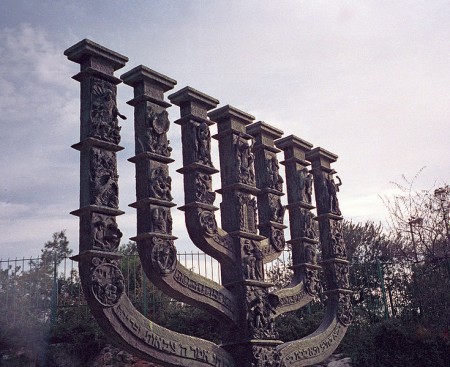In our latest Special Report we explored the heterogeneity and complexity of Israeli society- now you can put your knowledge to the test!
[QUIZZIN 29]
In our latest Special Report we explored the heterogeneity and complexity of Israeli society- now you can put your knowledge to the test!
[QUIZZIN 29]

Perhaps Nicolas Sarkozy has always been a political figure excessively focused on publicity, ratings and the attention of the media. Yet, as of late President Sarkozy has started to open up about his ambitions of becoming the puppeteer of the French media landscape, grasping for control of some of the most influential institutions of the French press.
In short, President Sarkozy tried to become the majority shareholder of Le Monde (a renowned newspaper), he changed the law in order to be able to appoint the director of France Télévisions (the publicly-owned syndicate who, among others, controls France 2 and France 3), and he might be able to exert direct influence on Agence France-Presse (the third largest news agency in the world) if the latter successfully turns into a public firm.
It seems legitimate to ask whether France is currently going through a similar process of centralization of media control as Italy under Berlusconi. Despite all the evidence suggesting that this is the case, the situation in France is still different. While major parts of Italian media remain under the direct control of Berlusconi, the French media is dominated by small parts of the French establishment instead. Unlike Berlusconi, Sarkozy is not (yet) a majority shareholder of any private media companies and as the Guardian notes, he relies on a powerful network of close friends who are instead.

Digital Rights have long been recognized as crucial to development and growth. Having a right to an internet connection is a vital component of making the freedom of expression real and meaningful. Both rights are secured in Article 19 of the Universal Declaration of Human Rights, but the full implementation of these rights remains rare.
Access to digital resources online is also crucial to global knowledge transfers, from the north to the south. This was acknowledged in the Millennium Development Goals declaration in 2000 already, with a specific target in its 8th goal: “In cooperation with the private sector, make available the benefits of new technologies, especially information and communications.”
We are starting to see more and more initiatives by various countries to broaden this access, particularly broadband penetration. Finland recently declared broadband access a right. In practice this means that internet providers will have to extend the internet network in Finland to make sure that every citizen has access at a reasonable cost.

“Peru provides a dramatic example of a growing trend across Latin America where indigenous groups are challenging governments’ economic development programs by raising their voices against extractive industries,” Patricia Vasquez argues in USIP Peace Brief 19.
Across Latin America, economic growth is happening at a steady clip. Similar to many countries in Africa, sustained growth is spurred by a demand for commodities – think oil, iron, ore, copper, gas, etc. – needed to feed burgeoning economies, especially those in Asia. Indeed, such growth is counter to the trends happening in other parts of the globe where countries, in particular the United States and members of the EU, continue to grapple with economic contraction that has brought about hard policy decisions in the form of bailouts, stimulus packages, and cuts to social programs. In fact, a recent article in the New York Times noted how this trend has not only surprised analysts but also “surpassed the expectations of many [Latin American] governments themselves.”
Narrowing the focus to Peru, the country I am currently traveling through, the growth is palatable. Though great economic disparities exist and poverty is pronounced one can’t help but feel a buzz in the air – one aided and sustained by the development of Peru’s hydrocarbon areas and plans for expansion in the oil and natural gas sector (ONG). In 2009, as Peru’s GDP experienced over five percent growth, multinational oil and gas companies poured $800 million into the economy – making up for 50 percent of the nations tax revenues. A viable future in liquefied natural gas (LNG) production ensures that another $1 billion will be invested in the next few years.

The heterogeneity and complexity of Israeli society is often ignored in the mainstream media, which focuses almost exclusively on Israeli foreign policy and the Arab-Israeli conflict. This week the ISN takes a closer look at the dynamics of Israeli society today, revealing a broad range of political viewpoints and visions of what the state of Israel is all about.
This week’s Special Report contains the following content, easily navigated along the tab structure above: